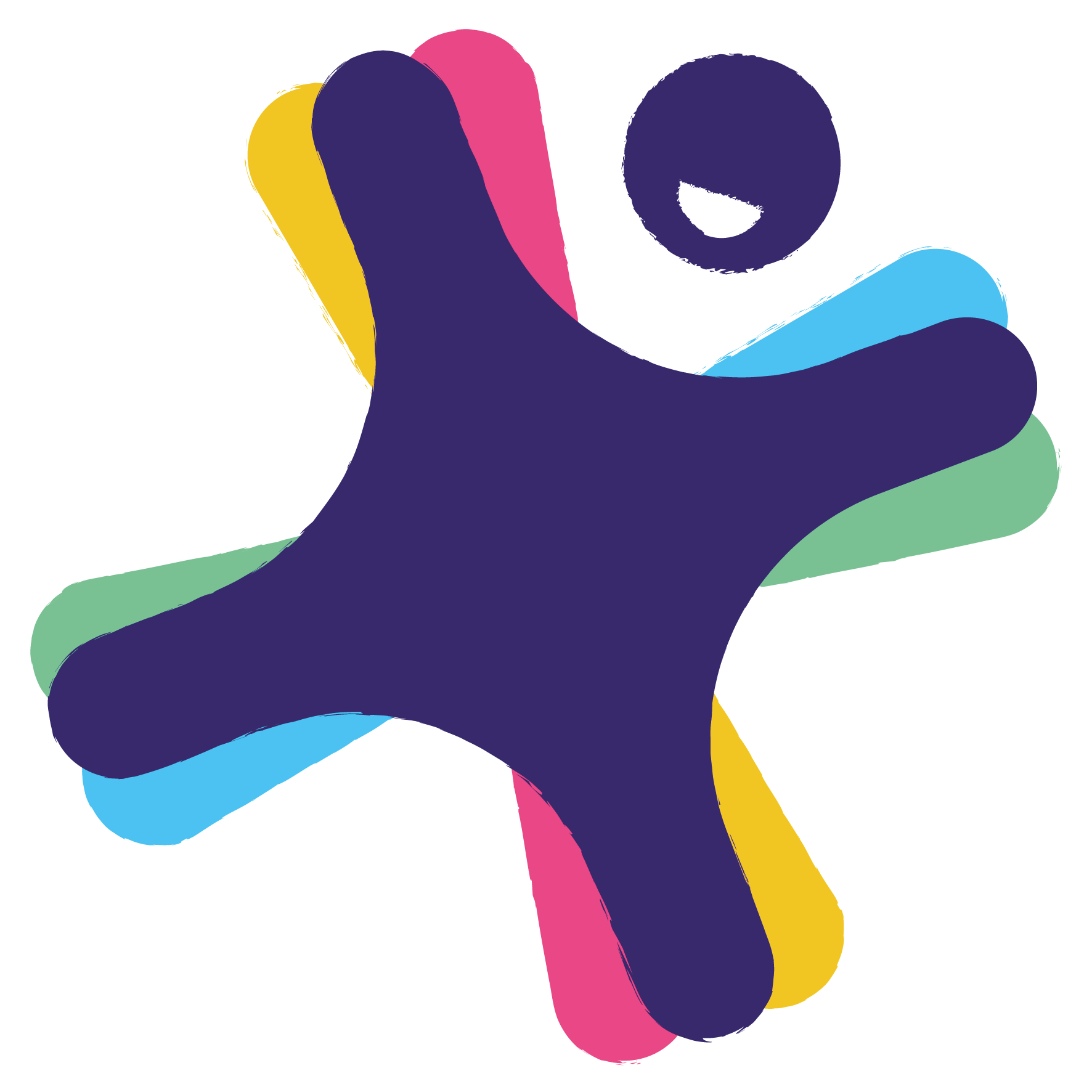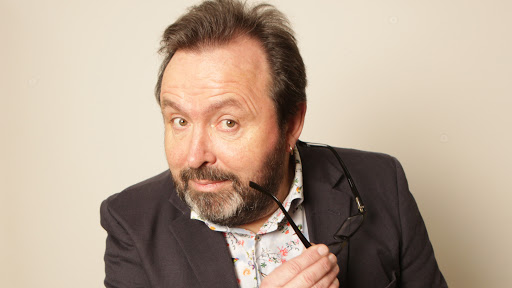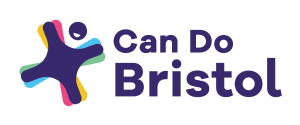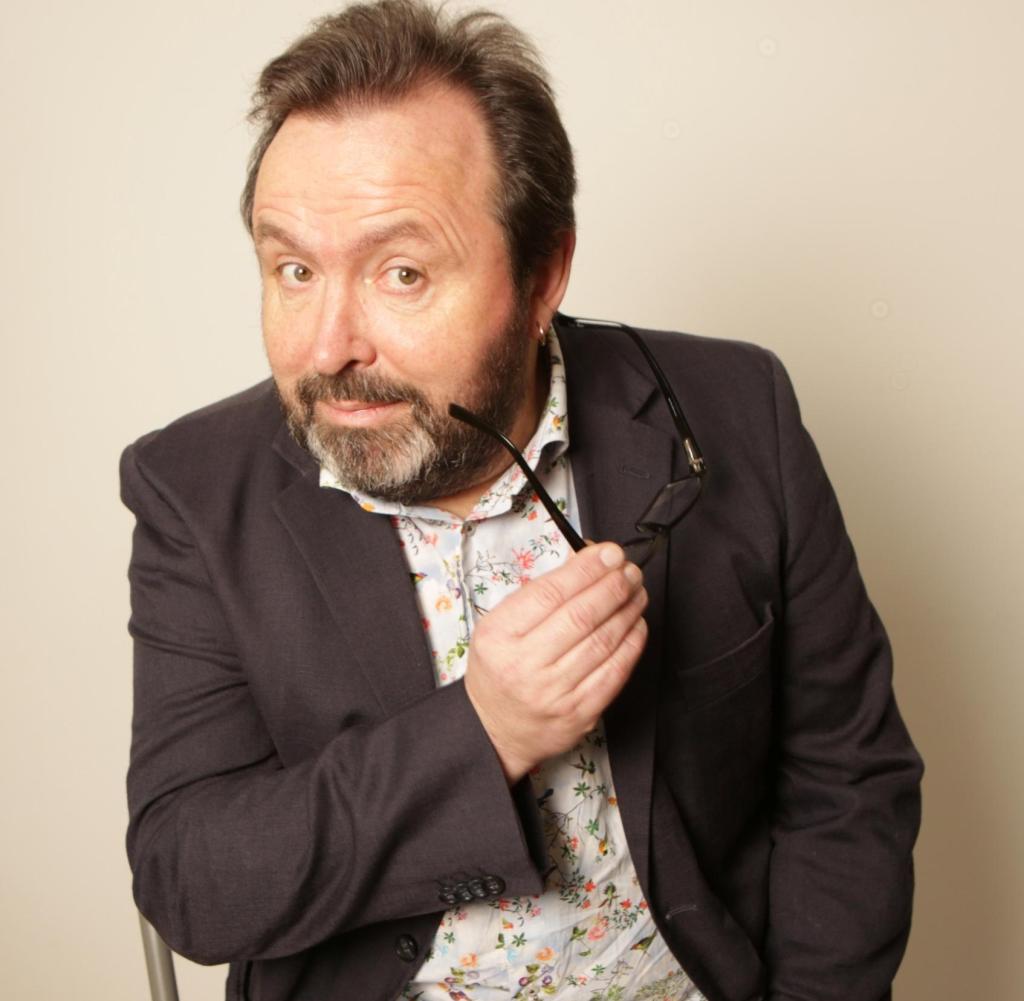We all know that Bristol is an extraordinary city, but it’s also a very divided one. On just about every social indicator, the north and west does better than the south and east. We have concentrations of wealth, and many very successful businesses and organizations, but we also have parts of the city where people feel cut off and left behind.
There are many different causes for this inequality, but part of the problem is the way that the city talks to itself. Though people who live here do have lots of networks and connections, many of these tend to connect within particular occupations or parts of the city. So there are conversations which link people who work at in the health services, or the universities, or with the council, with community organizations, financial services firms, the media and so on. There are no networks which connect us all, which allow everyone and every organization in the city to communicate and collaborate effectively.
If you think about it, this is quite odd. We live in a world in which most of us are now on Facebook, Twitter, Instagram, Linkedin and WhatsApp. In some ways we have never been more connected, more entangled in flows of electronic information about our friends, football team and favourite pop star. So the idea of growing Can Do is quite a simple one. Would it be possible to use some of these technologies to connect the city in ways that make it better for all of us? Can we imagine a platform that we could all stand on?

There are lots of potential benefits if we can make this happen. Here’s a few examples. Professional services firms could offer free legal or financial help to community groups. Voluntary organizations can ask for the particular kinds of help that they need. Bristol residents can find out what is happening in their area and decide if they want to join in. Big companies can use their workforce and resources to make ‘offers’ which help to tackle the ‘asks’ from the city. The City Council can understand better who is doing what and co-ordinate their responses to different issues accordingly. Small and local businesses can see what is happening in their area of the city, and then join in if they want to help too.
The idea of an expanded Can Do is to help us all have conversations with each other, and try and use the extraordinary speed and reach of information technology to connect us in more meaningful ways. I suppose another way of saying this is to try and make the city more visible to us all. At the moment, we might be connected to our friends, neighbours and workmates, but this would be a way of constructing a bigger community of people and organizations who care about making Bristol better. Not just posting pictures of the pizza we are eating, or of a cat trying to fight a yogurt pot, but offering our time, expertise and resources to each other.
Since moving here about three years ago I have been trying to find ways in which the University of Bristol can become more engaged in helping people think about and deal with the problems they face. My university hasn’t always been particularly engaged with the city after, often perceived as perched at the top of the hill and embedded in the Clifton bubble. So how could we help? Lets use this as an example.
If you add together the students from the University of Bristol and those from the University of the West of England, you have over 50,000 students. This is potentially an extraordinary resource for the city, but one of the problems that students face is that they don’t know enough about the city in order to get involved. An expanded Can Do Bristol could allow them to see opportunities more clearly.
If a student wants to get involved with something that relates to their subject, whether that be engineering or art, they can find some people or organizations who can use their skills. We already have a lot of students volunteering, doing paid and unpaid internships, and adding to the life of the city in so many ways, so let’s grow this, and make it easier for them to join the conversation too.

Simply widening the conversation won’t solve our problems, but it might make it easier to solve them. If we keep to our own parts of the city, if we don’t share ideas and resources across the river and across the motorway, then we will make it harder to create a fair and happy place for us all to live in. I imagine an expanded Can Do Bristol like a way of wiring the city together. Just having the wires isn’t the solution of course, because it depends what we do with them. But with the wires, we will find it easier to talk, easier to help, easier to make this into one city.
If you have ideas about how Can Do might be grown, or are interested in helping, get in touch with me on martin.parker@bristol.ac.uk.

Martin Parker is a Professor in the School of Management at the University of Bristol and Lead for the Inclusive Economy Initiative.


